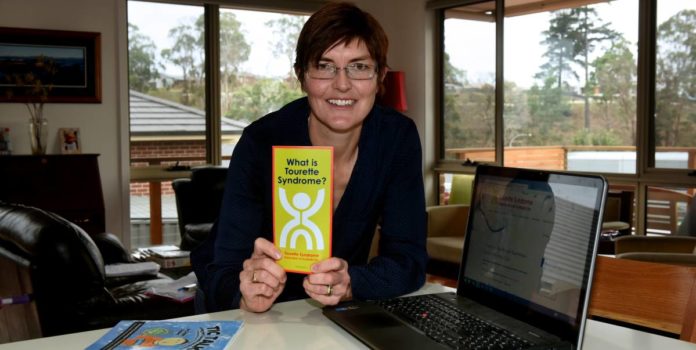
A KINGS Meadows woman who has a child with Tourette Syndrome hopes to start a support group for people living with the condition.
One in 100 people live with the lifelong neurological disorder which is characterised by rapid, repetitive and involuntary muscle movements and vocalisations called tics.
Tourette’s has no cure with management of symptoms key. Advocates say empathy and understanding are crucial to the wellbeing of people with the disorder.
Rebecca Harrington’s child was diagnosed with Tourette Syndrome at age four but had shown symptoms of the condition since they were two.
She was inspired to start a support group in Launceston after attending a Tourette’s conference in Melbourne last year.
Mrs Harrington said the aim was to not only provide support but organise fun activities where members could be themselves without feeling the need to suppress tics.
“I’d like to meet other people in the same situation and I’d like to support other people as well if they needed it,” she said.
“It’d be nice for a group of kids to get together and do something only they understand.”
Mrs Harrington said misconceptions surrounded the disorder, which could lead to feelings of isolation.
“When you hear Tourette’s, you automatically think it’s someone walking down the street swearing, and that is what it is not,” she said.
“A lot of people have it and don’t know. What you think is a habit is actually tics.
“A lot of other things are associated with it – anxiety, depression, ADD, ADHD, OCD. “
Sunday marked the beginning of Tourette Syndrome Awareness Week.
The aim of the week is to make people stop, think and understand more about Tourette Syndrome.
Mrs Harrington said education was key.
“It’s about raising awareness of what it is and seeing there’s people out there with it,” she said.
“If people understand it they’re more accepting.”
Mrs Harrington can be contacted through the Tourette Syndrome Association of Australia on 02 9382 3726 or via supportgroups@tourette.org.au.
